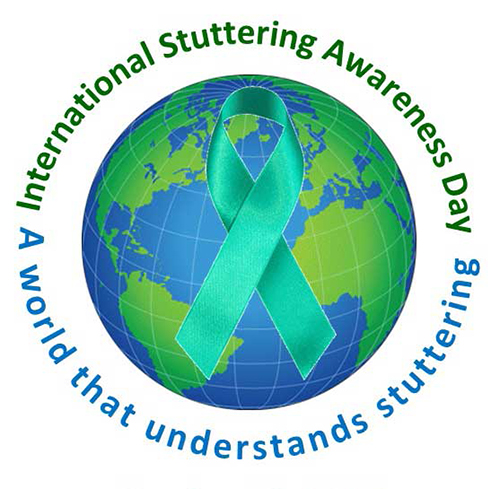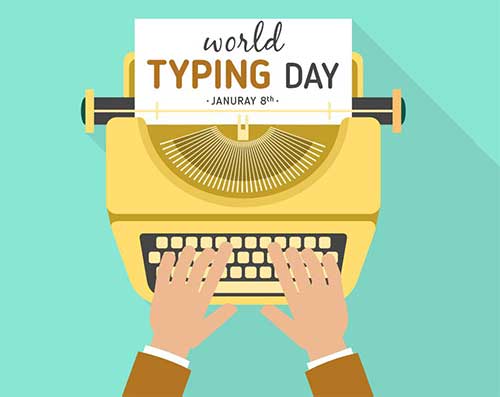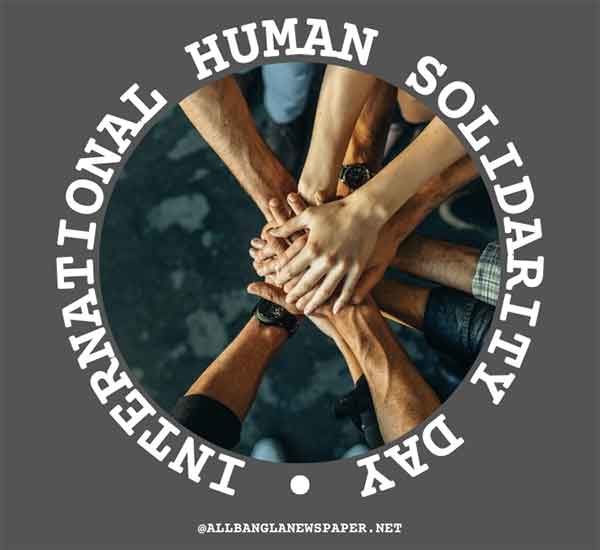
Introduction
October 22nd marks International Stuttering Awareness Day, a global effort to bring attention to a communication disorder that affects over 70 million people worldwide. Stuttering, also known as stammering, is more than just a speech issue—it's a condition that affects self-esteem, mental health, and social interactions. For many people, especially children, #stuttering can be an isolating experience. Yet, with the right awareness and support, we can create a more inclusive and understanding society.

This article will explore International Stuttering Awareness Day, the importance of raising awareness, and how stuttering affects individuals. We'll also provide resources and tips for supporting people who stutter. In addition, we'll link to related content such as Alfred Nobel, The Man Behind the Nobel Prizes, and His Lasting Legacy, highlighting how influential individuals can create lasting legacies despite challenges.
What is Stuttering?
Stuttering is a speech disorder where an individual experiences interruptions in the flow of speech. These interruptions can manifest as repetitions of sounds, syllables, or words and prolonged pauses. Stuttering typically begins in childhood and can persist into adulthood, though the severity can fluctuate over time.
Types of Stuttering
There are three primary types of stuttering:
• Developmental Stuttering: This is the most common form and typically occurs in young children as they develop language skills. Most children outgrow this type of stuttering, but for some, it continues into adulthood.
• Neurogenic Stuttering: This form results from brain injuries or neurological conditions. It can affect individuals who have experienced trauma or medical conditions like strokes or head injuries.
• Psychogenic Stuttering: Stemming from psychological stress or trauma, this form of stuttering is less common and is usually linked to emotional distress.
The Significance of International Stuttering Awareness Day
Established in 1998 by the International Stuttering Association (ISA), International Stuttering Awareness Day aims to educate the public about stuttering, reduce stigma, and promote better treatment options. The day serves as an opportunity to listen to those who stutter, to understand their experiences, and to foster a culture of empathy and inclusion.
Why is Awareness Important?
For many people who stutter, the experience is more than just a speech issue—it can lead to bullying, social isolation, and even mental health challenges like anxiety and depression. Raising awareness is crucial in breaking down misconceptions, encouraging open dialogue, and creating environments where people feel safe and supported.
Challenges Faced by People Who Stutter
While every individual's experience is unique, many people who stutter face common challenges such as:
• Social Stigma: Negative stereotypes and misconceptions about stuttering can lead to unfair treatment in social, academic, and professional settings.
• Mental Health Struggles: The anxiety that comes with public speaking or social interactions can trigger emotional and psychological stress.
• Limited Opportunities: In professional settings, people who stutter may face discrimination or be passed over for opportunities requiring frequent communication.
Supporting People Who Stutter: Practical Tips
How we respond to people who stutter can significantly impact their confidence and communication. Here are some simple, effective ways to support individuals who stutter:
1. Be Patient and Listen
One of the most important things you can do is to be patient. Don't try to finish their sentences or rush them. Allow them the time they need to express themselves fully.
2. Maintain Eye Contact
While it may be tempting to look away during moments of stuttering, it's essential to maintain eye contact. This conveys that you are focused on what they are saying rather than how they are saying it.
3. Avoid Interrupting
Interruptions can make someone who stutters feel frustrated or self-conscious. Let them complete their thoughts at their own pace without interjecting.
4. Encourage Self-Expression
Create an environment where people feel comfortable speaking, even if they stutter. This could mean encouraging participation in group discussions or public speaking opportunities in a supportive setting.
Educational and Therapeutic Approaches
Various therapies and techniques can help individuals manage stuttering and improve their communication skills. Here are some of the most common approaches:
Speech Therapy
Speech therapy remains one of the most effective treatments for stuttering. A speech therapist works with individuals to help them manage the physical aspects of stuttering, such as breathing techniques and speech flow control.
Cognitive Behavioral Therapy (CBT)
CBT helps individuals address the emotional and psychological components of stuttering, such as anxiety and self-esteem issues. By challenging negative thoughts and behaviors, people can improve their overall confidence in communication.
Support Groups
Joining a support group can provide people who stutter with a sense of community and shared experiences. Groups like the National Stuttering Association (NSA) and International Stuttering Association offer platforms for peer support and education.
The Role of Technology in Stuttering Management
Advancements in technology have paved the way for innovative tools that assist individuals with stuttering. Here are some notable technological aids:
• Speech Apps: Apps like FluencyCoach and DAF Pro help individuals practice their speech and manage to stutter in real time.
• Delayed Auditory Feedback (DAF): Devices that use DAF delay the speaker's voice in their ear, which has been shown to reduce stuttering in some individuals.
• Virtual Reality (VR): VR programs are used in therapeutic settings to simulate public speaking environments, helping individuals practice their communication skills in a low-pressure, virtual setting.
Raising Awareness Through Campaigns and Events
Various organizations host events, campaigns, and workshops yearly to raise awareness about stuttering. Participating in these initiatives can significantly improve understanding and reduce stigma.
International Stuttering Awareness Day Online Conference
The International Stuttering Awareness Day Online Conference is an annual event where researchers, therapists, and individuals who stutter share their experiences, research findings, and advocacy efforts. This virtual event is free and open to anyone interested in learning more about stuttering.
Stuttering Foundation Awareness Campaigns
The Stuttering Foundation is a non-profit organization that runs annual awareness campaigns. It offers resources, free materials, and public service announcements to educate the public about stuttering.
Looking Ahead: A More Inclusive Future
As we observe International Stuttering Awareness Day, we must reflect on how far we've come in supporting people who stutter and how much more we can do. With ongoing awareness efforts, improved therapeutic interventions, and greater societal understanding, we can create a future where stuttering is not a barrier to success, communication, or personal growth.
History is filled with influential people who have stuttered yet profoundly contributed to society. For example, Alfred Nobel, The Man Behind the Nobel Prizes and His Lasting Legacy, overcame various personal challenges, including communication barriers, to leave a remarkable legacy. His story serves as a reminder that challenges, including stuttering, should not define a person's potential or worth.
Conclusion
International Stuttering Awareness Day is a momentous occasion that reminds us of the need to foster empathy, understanding, and support for individuals who stutter. We can create a more compassionate and understanding world by educating ourselves and others, advocating for inclusivity, and encouraging those who stutter.
FAQs
1. Can stuttering be cured?
While there is no universal cure for stuttering, speech therapy and other treatments can help individuals manage their stutter effectively.
2. Is stuttering hereditary?
Genetics can play a role in stuttering, and it is common for the condition to run in families.
3. How can I help my child who stutters?
Supporting your child with patience, providing a stress-free environment, and seeking professional speech therapy are effective ways to help.
4. Are there famous people who stutter?
Many well-known individuals, such as Winston Churchill and Marilyn Monroe, have experienced stuttering.
5. Does stuttering worsen with age?
Stuttering can change over time but doesn't necessarily worsen with age. Many people learn to manage it more effectively as they grow older.





